Newly released results from a 2018 study claim that seeing fabricated news stories, if they align closely to your beliefs, can form false memories in your mind.
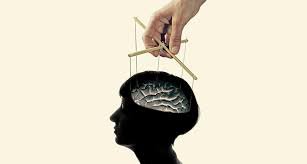
According to a research published in the journal ‘Psychological Science‘, it was found out that fake news can have similar effect in the sphere of politics, just like the US Presidential race in 2020.

Talking about the said relation, lead author of the research, Gillian Murphy, said:
In highly emotional, partisan political contests, such as the 2020 U.S. presidential election, voters may ‘remember’ entirely fabricated news stories. In particular, they are likely to remember scandals that poorly reflect on the opposing candidate.
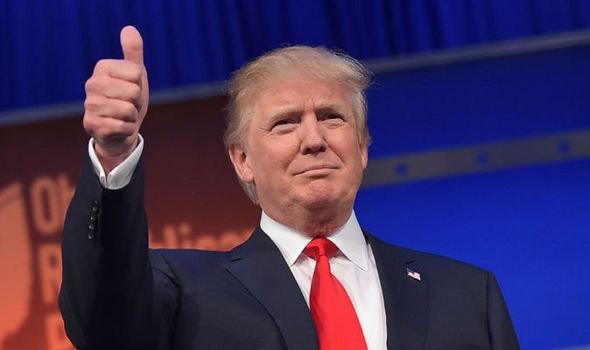
In order to prove their study, 3,140 eligible voters were recruited online asked them about their plans to vote in the referendum.
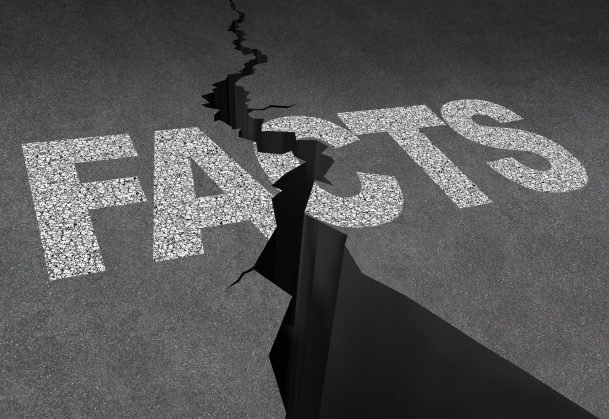
After allowing them sufficient time to read all the stories, participants were asked if they remembered events from the last story that they read.

After the results came out, it was clear that the study was correct.
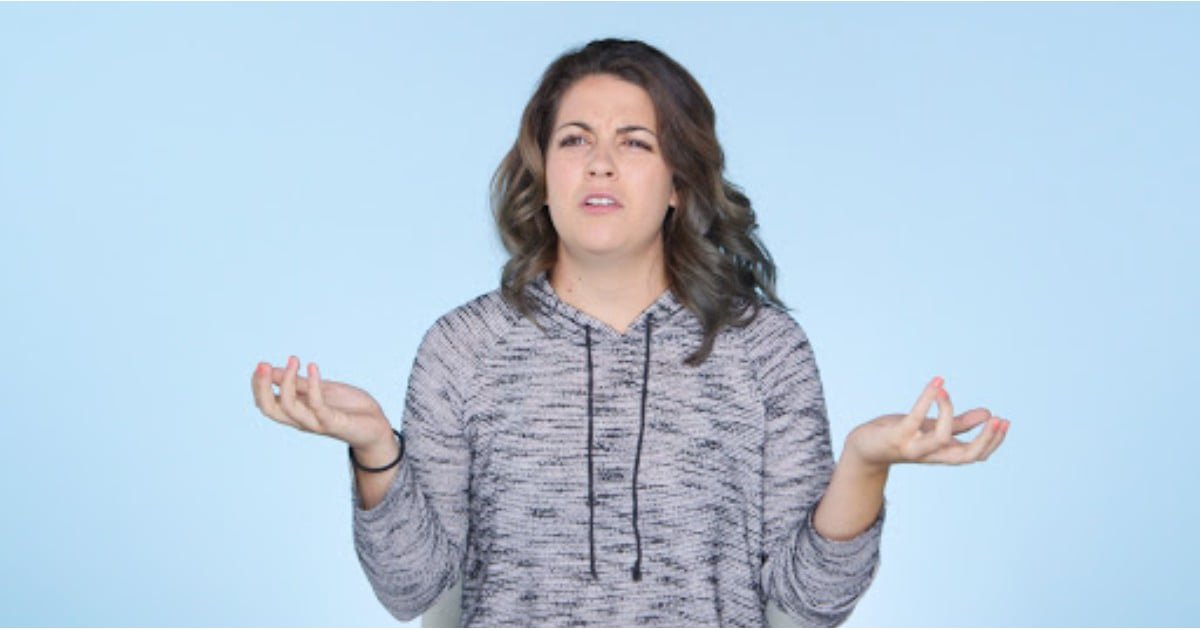
Some participants even failed to reconsider what they remember from the various stories despite being told some of the information they now remember can be purely fictitious.
This demonstrates the ease with which we can plant these entirely fabricated memories, despite this voter’s suspicion and even despite an explicit warning that they may have been shown fake news.
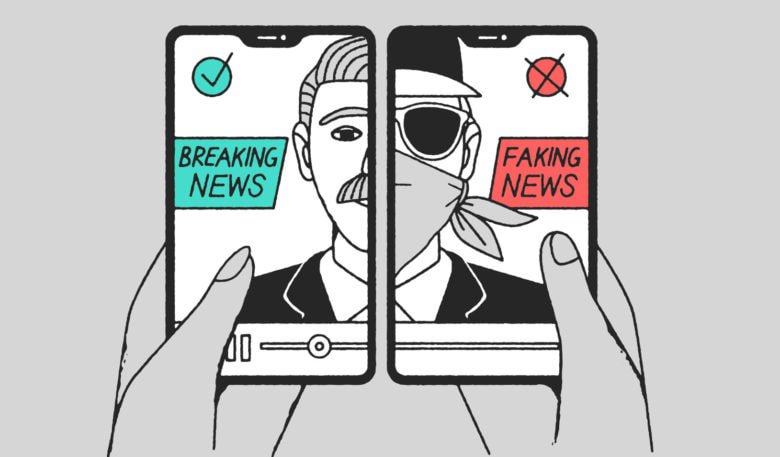
Investigating false news and the psychological effect of such stories on our mind is very critical in the modern world.

















